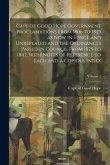In 1895 Scottish entrepreneur, engineer, and outdoor adventurer Henry Ogle Bell-Irving built the Good Hope Cannery in Rivers Inlet, BC. There was a fortune to be made and Bell-Irving was determined to make one, both for the shareholders of the Anglo-British Columbia Packing Company, and for himself. As sole agent for ABC, he effectively controlled the company, which grew to include cannery operations on the west coast from Washington State to Alaska. For years the operation was astronomically successful, but profits were realised on the backs of skilled Chinese and Native cannery workers, and on the know-how of northern Europeans and Japanese fishermen. Good Hope canned salmon continuously until 1940 and thereafter served company fishermen as a place where they could refuel, eat, buy supplies and have their boats and nets repaired. By the late 1960s, depleted fish stocks and technological advances rendered Good Hope obsolete as a camp. But a Henry Bell-Irving descendant, grandson Ian Bell-Irving, envisioned Good Hope as a sport fishing resort catering to affluent North Americans, and so Good Hope entered the third phase of its life, a phase that continues to this day. The Good Hope Cannery and the Goose Bay Cannery in Duncanby are all that are left of an important era in BC's history -- all the other canneries in Rivers Inlet have vanished. The Good Hope Cannery is a story of the people who built it, worked in it, fished for it, maintained it, and welcomed guests to it. MacDonald looks deeply into the personalities and everyday lives, and sometimes tragic deaths, of the colourful characters of the Good Hope Cannery.
Hinweis: Dieser Artikel kann nur an eine deutsche Lieferadresse ausgeliefert werden.
Hinweis: Dieser Artikel kann nur an eine deutsche Lieferadresse ausgeliefert werden.


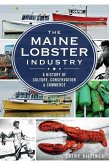
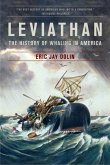
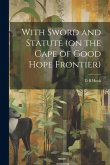
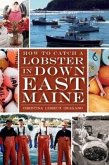

![The Portuguese in South Africa [microform]: With a Description of the Native Races Between the River Zambesi and the Cape of Good Hope During the Sixt The Portuguese in South Africa [microform]: With a Description of the Native Races Between the River Zambesi and the Cape of Good Hope During the Sixt](https://bilder.buecher.de/produkte/66/66196/66196543m.jpg)
